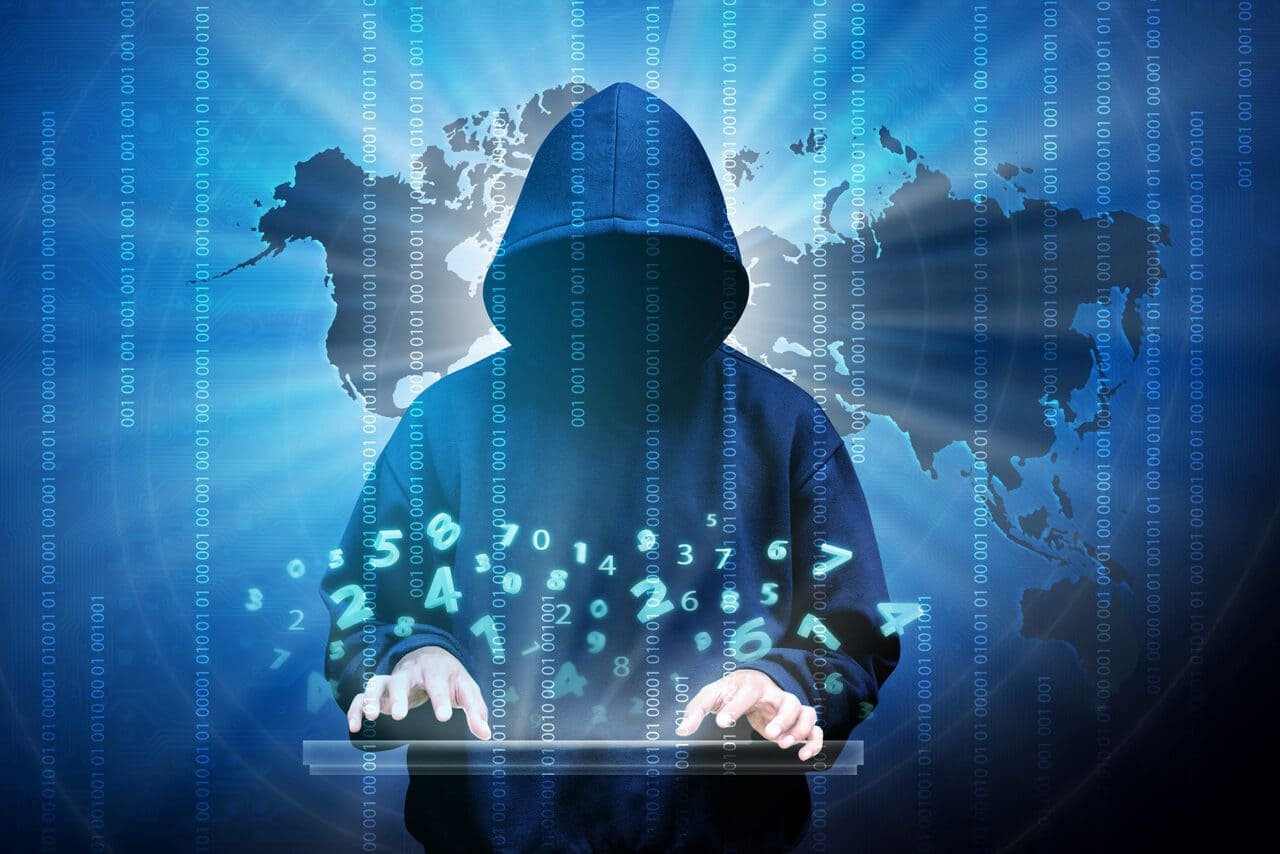Best Types of cyber security threats
Cyber security threats are extremely worrying, and they come in many forms. For instance, there are malware – they’re basically bad computer bugs like viruses, worms, and ransomware that have the sincere intention to make mistakes systems and nick data. Another big problem is when people get tricked into handing over private information through misleading emails or websites, which is known as phishing attacks; then there's a thing where perpetrators overload networks with too much traffic using DDoS attacks, which makes everything go haywire. Not to mention, there's social engineering where people get tricked into giving away secret information because they trust who shouldn't be trusted. Sometimes, even people inside an organization can turn out to be threats, doing harmful actions on purpose or by accident.
And then, we have Advanced Persistent Threats (APTs) – these are long games played by attackers who are after certain targets. It's pretty clear that many threats point out why it's extremely critical to have tight cybersecurity.



